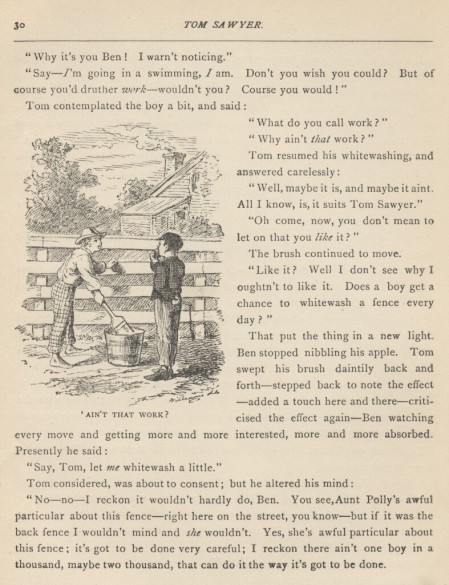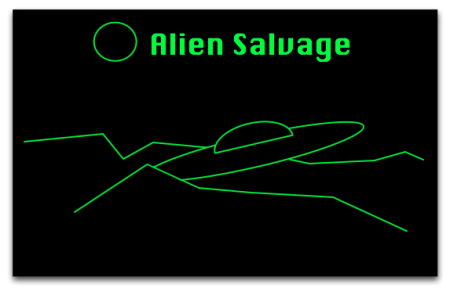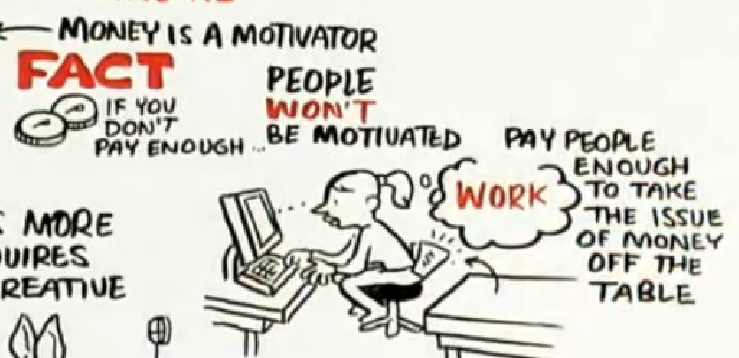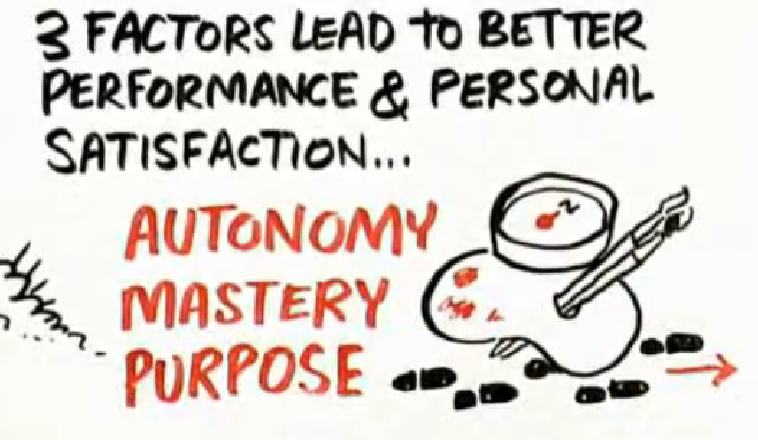Last week I attended a presentation on the Small Business Research Initiative or, as it is known locally, Pre-Commercial Procurement. Much of this content is cribbed from Eoin McFaddens (of the Innovation Policy Unit in DETI) excellent presentation and description and enthusiasm for the project.
Pre-commercial procurement for especially for SMEs
- For innovative products, processes or services
- Contracts (procurement), no subsidy and no grant
- In competition
Goal is threefold:
- Solving public questions/concerns , e.g. waste management
- Stimulating innovation among SMEs
- Exploitation of public knowledge and technology
Exempted are:
- Products/processes/services which are not new compared to the state of the art world wide
- Projects which were already procured
This diagram captures much of the process. The identification of the Unmet Need, the provision of first stage pre-commercial procurement, the establishment of filters to help define exactly the right process and prototype. The entire process is geared towards deliverables, not hourly rates.
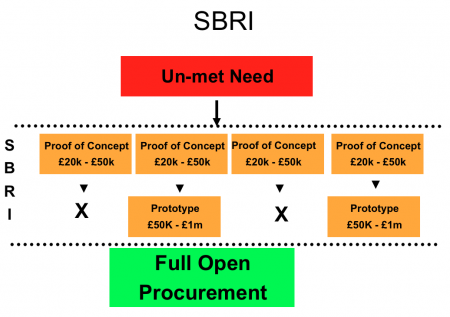
The concept hinges around “Unmet Needs” – areas of development which may not be fully developed locally and where domain knowledge is not present within the public sector.
This process will build domain knowledge within local industry as well as in the public sector, it is 100% funded R&D as it is a procurement and not a grant (and therefore is not subject to EU state aid rules) and in most cases the IP will remain with the company while allowing the public sector certain usage rights. The increase in domain knowledge should bring better products to market for the public sector company and increase competition for the best product.
The most important part here is the green box – full open procurement permitted by every company, even those that were admitted earlier in the pre-commercial procurement but which didn’t make it to later stages.
Examples where this has been used in the past:
Retrofit for the Future – Department for Communities and Local Government
This competition aims to retrofit UK social housing stock in order to meet future targets in reduction of CO2 emissions and energy use.
Keeping Children Active – East of England SHA
Looking for technologies which can help and motivate children to take more exercise, to understand and monitor the amount of exercise they are taking and to incentivise them to exercise more.
Synthetic Environments – Department for Transport
This competition explores the use of synthetic environments applied to transport, in this case, modelling and managing complex traffic situations on motorways
And to finish off, some links to related reports and web pages:
